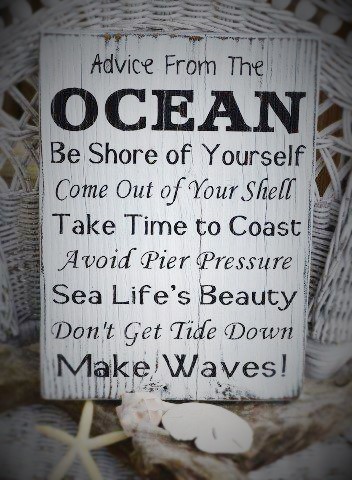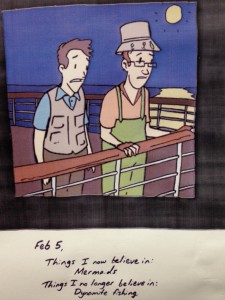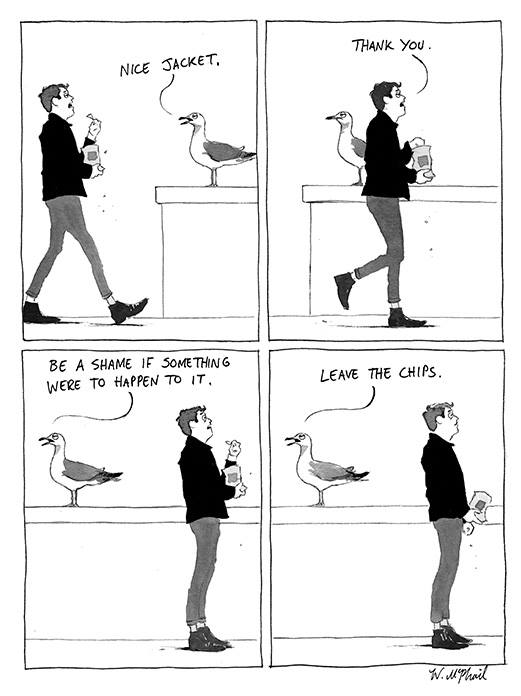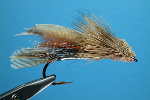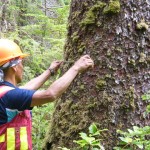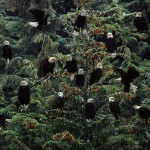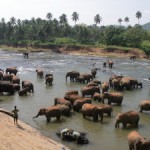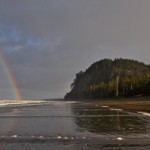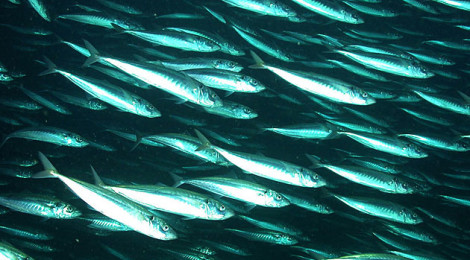
Who Killed Jack Mackerel, more important who will save his kind
Jack mackerel in the Southern Pacific have declined from catches of 30 million metric tons to less than a tenth of that in two decades.
Jack Mackerel are smaller than tuna but bigger than anchovies, they make up the major part of what is known as the Small Pelagic Fishery.
They are the iconic fish of the Southeast Pacific
This mackerel fishery is in bad shape as for many years the ocean pastures of the South Pacific on which they depend have become ever more desolate due to the devastating effects of high and rising CO2. That CO2, our CO2, is forcing a global reduction of dust blowing in the wind, and the South Pacific is far from sources of life-giving dust. If that weren’t enough super-trawlers have been set loose amongst the schools of fish.
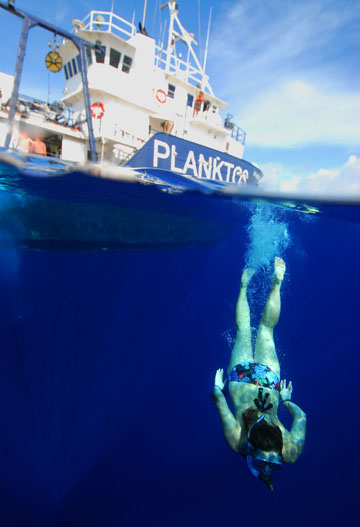
Jenna, a marine biologist working for me ten years ago on my research ship seeking to discover how to restore ocean pastures is seen diving into horrifyingly beautiful water in the Mid-Atlantic to look for tiny ocean pasture animals called salps. click to read more
In one recent oceanographic research ship report, scientists got great press when they proclaimed they had found “the clearest water on earth” while transiting from Tahiti to Valpariso Chile. The water they reported was even clearer than what is found underneath the mile-thick ice sheet of Antarctica where lakes with liquid water right at the freezing point that has not seen the sun for millions of years are not as clear as the waters of the SE Pacific, Jack Mackerel’s home. In the world of water clear=lifeless!
Here’s a brief introduction to Jack Mackerel and his home:
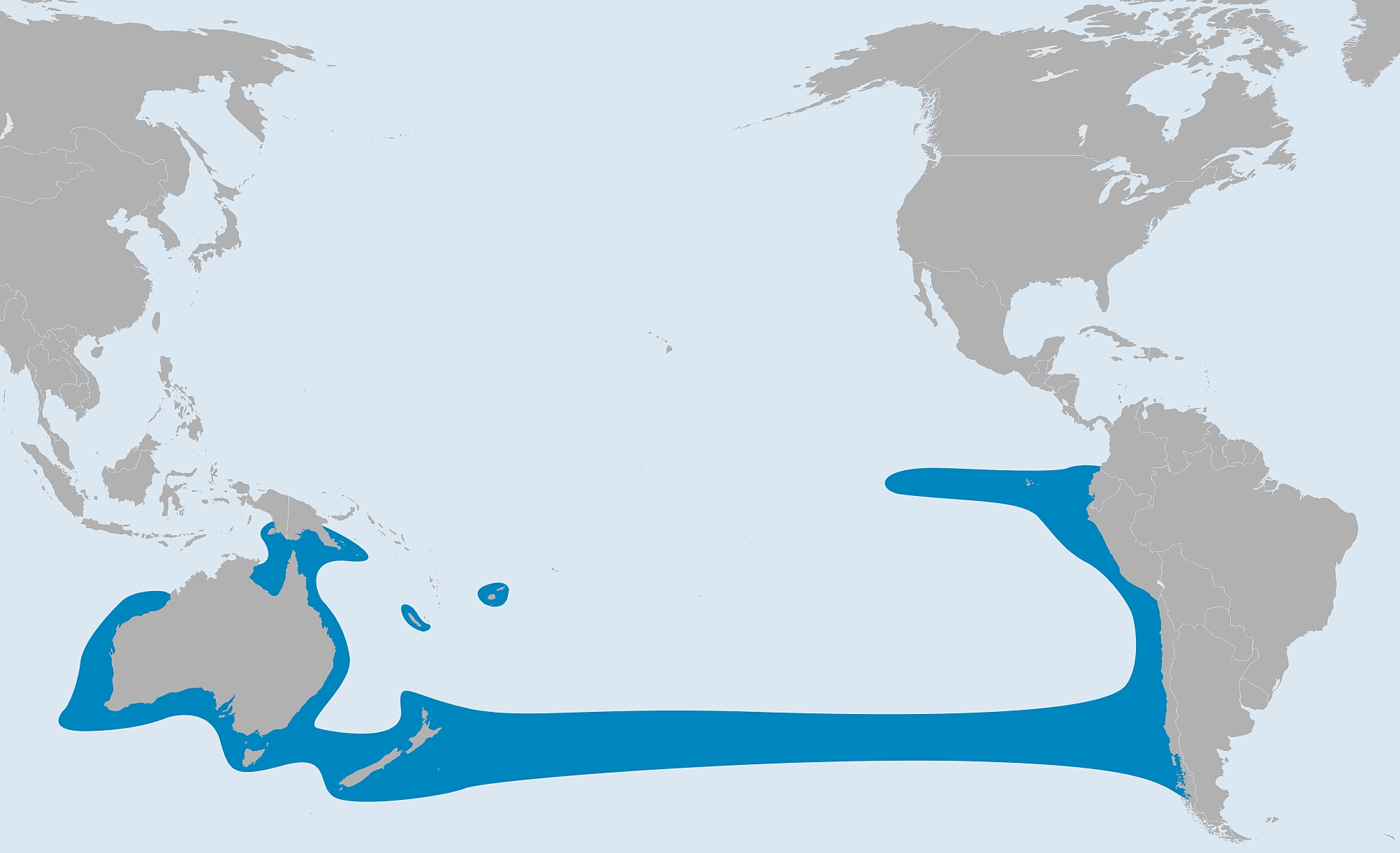
Range of Jack Mackerel
Jack and his kind live mostly on the high seas but at times swim nearer to shore. They especially seek out near shore regions, “near” still being a few hundred kilometers off shore, when they are spawning and as the newly hatched and immature young. As they gain the size and ability to roam farther their range extends to thousands of kilometers of ocean where they seek out the blue-green ocean pastures that sustain all of ocean life. Those blue-green ocean pastures are dwindling in these times as whether the pastures can be flourishing or desolate depends on their receiving vital minerals in the form of dust in the wind.
As a result of our nearly trillion tonnes of CO2 emitted during our century-long love affair with fossil fuels that CO2 is doing two things to harm the oceans. The first effect of CO2 on oceans comes from its powerful support of plants on land. High and rising CO2 is seen to have been producing a profound global greening effect. That might seem good, more plants growing = healthy environment right, not exactly as more grass growing means less dust blowing. Grass growing lush and longer is commonly referred to as ‘good ground cover’ a blessing for pastures on land and a curse for pastures at sea. Read more about this vital Yin and Yang of land and sea.
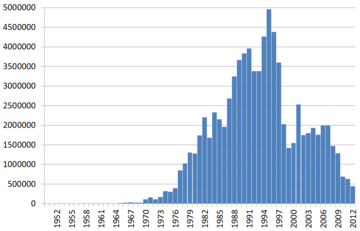
Chilean Jack Mackerel Fishery boom and bust 1950 – 2012
Jack’s Decline
Jack mackerel used to be fished up through the 1980s using smaller purse seines, a very different netting method. The purse seiner motors around a school of fish dragging a long deep net until a complete circle is formed. Then the net is pursed closed at its deepest part and tightened, and the fish netted in the purse are hauled close to the ship and scooped into the holds. Fishing by both old and new methods continued but by 2001 things had changed for jack mackerel. The fishery had collapsed. Last year Chile caught just 10% of the amount of Jack Mackerel that it caught in 1990!
It sounds like a good mystery. Who or What, killed Jack Mackerel? Surely it was those “bad fishermen overfishing again“… right… or could this not be the whole story. As is known in all pasture management when a pasture declines it can sustain little animal, or fish, life! We know without any shadow of doubt that Southern Pacific Ocean pastures are in a terrible state.
We ocean scientists have been on the trail of finding who or what has been killing Jack Mackerel. We know the jack mackerel have been becoming smaller and smaller over a relatively short period of time. Either they weren’t getting enough food and/or the larger older fish had been removed, leaving smaller fish to continue breeding. It is a pattern that is seen all over the world and it is the smoking gun of two synergistic effects, the collapse of the productivity of ocean pastures and intense fishing pressure on dwindling fish populations no longer sustained by healthy pastures.
The tiny plants of ocean pastures feed tiny animals, the zooplankton. The plankton, both phytoplankton and zooplankton, are vital to healthy ocean pastures. They are not only at the bottom of the ocean food chain but they produce and maintain the oceans, indeed the world’s oxygen, without them the oceans and their livestock cannot survive.
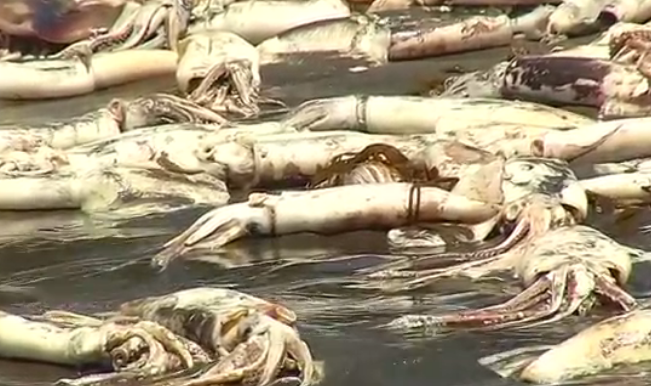
Chilean beaches (Jan 2016) are strewn with tens of thousands of dead squid in a mass ocean dying. The squid were suffocated when deep upwelled ocean water was not reinvigorated with oxygen by an ocean pasture that had gone missing. – click to read more
Krill, the largest of the zooplankton, are the favourite food of jack mackerel. Krill prefer the cold, nutrient-rich waters of the Southern Ocean that have long sustained a vastly more abundant pasture than warmer waters to the north. Less productive and depleted ocean pastures allow a smaller biodiversity and instead of krill tiny crustaceans called copepods sit at the top of the micro-food chain. In the South Pacific copepods are the favourite food of another ocean fish, the ‘redbait’. Redbait are slowly taking over the South Pacific.
Fisheries research teams in the South Pacific report this switch is underway from jack mackerel to redbait. It seems a simple equation: rich pastures equals jack mackerel, poor pastures equal redbait. Even if it is not quite as simple as that, what is certain is that changes in ocean pasture productivity is ushering in a major change in ocean ecosystems. It is a pattern being repeated over and over again across the world.
A Prescription To Save Jack Mackerel!
Every December, jack mackerel gather at the edge of the continental shelf on both sides of the South Pacific. Along the continental break, the meeting of cold deep waters and warm surface waters can create a rich ground for krill if we restore what we have denied Nature, her blessing of dust in the wind. We know that if we time things right and are there to support, sustain, and lend a helping hand to Nature we can restore her South Pacific ocean pastures. As we do we will once again witness a miracle of life. Exactly on the full moon, in an act of extraordinary synchronization, the jack mackerel release eggs and sperm into the water.
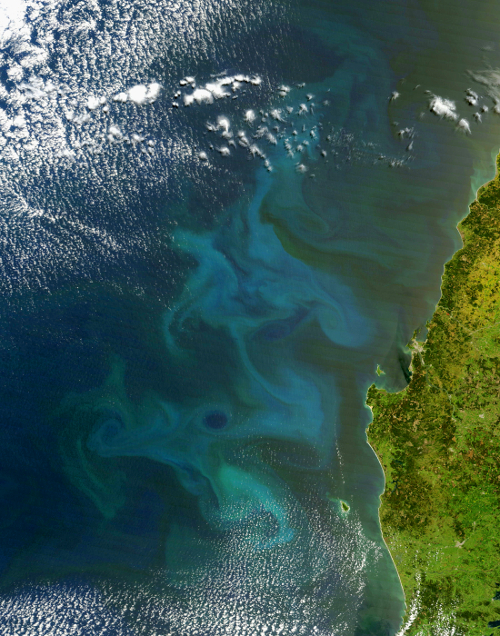
Revived and sustain the precious blooming ocean pastures of the South Pacific like this one off the coast of Chile
They appear to be quite choosy about where they spawn, in temperatures between 15-17 degrees Celsius. This is known as a ‘thermocline’, and the jack mackerel follow it up and down the coasts of Australia and Chile. With our help, beginning with first restoring these vital nursery pastures, as the eggs hatch the baby Jacks will find a revived flourishing ocean pasture able and ready to return Jack Mackerel populations back to historic high levels.
The cost of this work for Nature, God’s work if you prefer, will be just a few millions of dollars per year. In return, Mother Ocean will return a dividend in the form of billions of additional Jack Mackerel that will swim into the nets and onto our plates as well as offering food for all of ocean life. (A return of Jack Mackerel to just 50% of its thriving population of the last century means an additional 10 billion fish!)
The answer to the question of who will save Jack Mackerel is simple, it is me!
We can, and will, restore the Jack Mackerel dwindling ecosystem on both sides of the South Pacific in the blink of an eye, just a few year’s time. If you are concerned about the climate-changing effects of CO2 helping Jack Mackerel will help us by repurposing billions of tonnes of our menacing CO2 every year into new ocean life.
Join me this year, help me restore the vital ocean pastures of the South Pacific, we might just Be The Iceberg!
